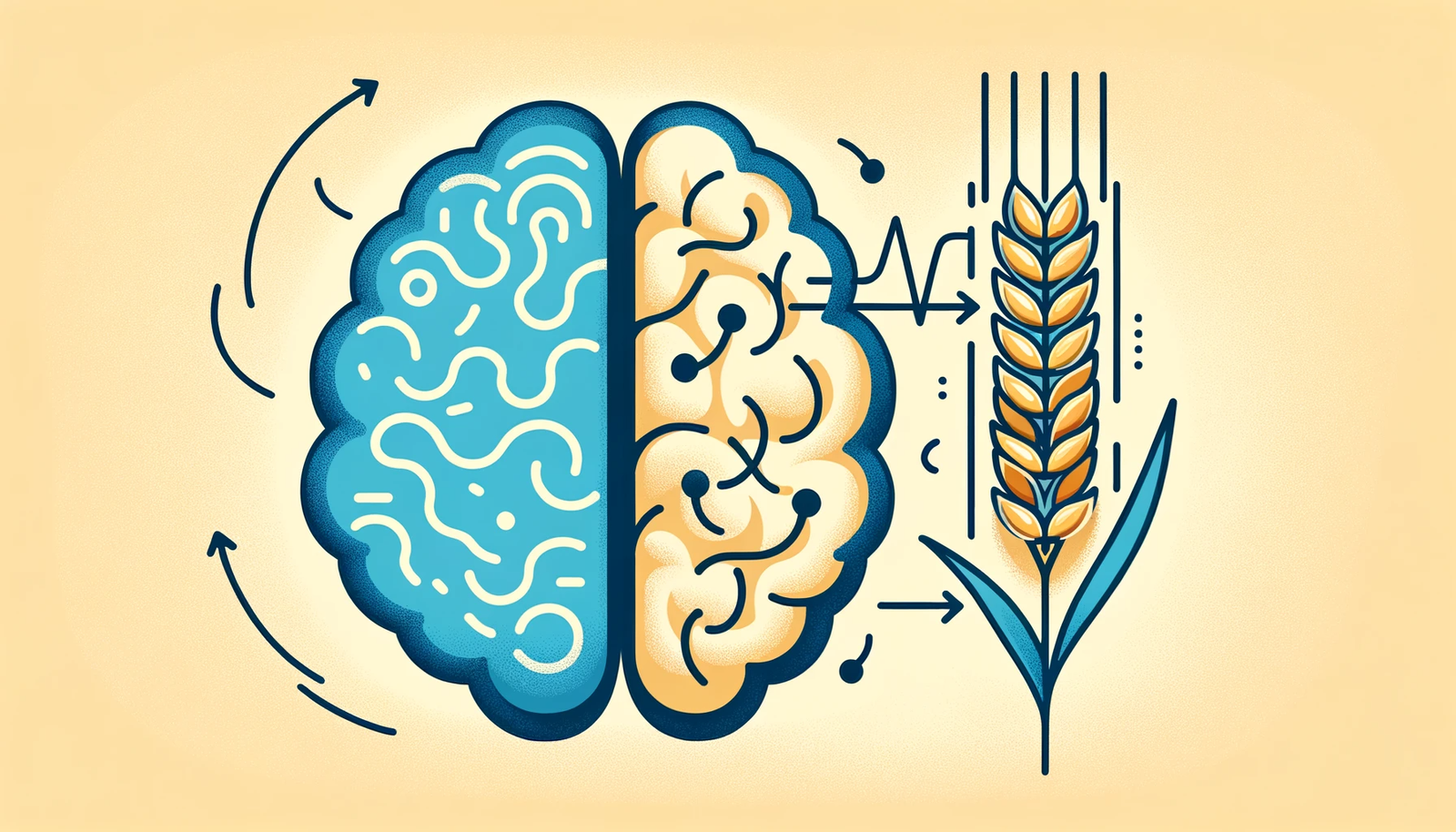Does Gluten Impact Brain Function?
In recent years, extensive research has been carried out, exploring the impact that consuming gluten can have on the body. Many people are aware that gluten can trigger digestive issues and an immune response in people with sensitivity or a gluten-related disorder, such as coeliac disease. This primarily manifests through gastrointestinal symptoms, with some of … Read more






